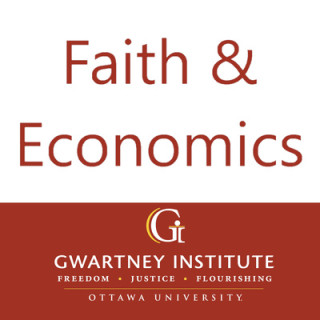

This week the Gwartney team welcomes special guest Tim Hsiao. Tim is the Assistant Professor of Philosophy and Humanities at the University of Arkansas Grantham. Tim's areas of specialization are applied ethics, social philosophy, and environmental ethics. Tim has a wonderful article on, "The Moral Case for Gun Ownership," which we found very intriguing. Tim is a concealed carry instructor and master handgun instructor. He has all of the experience and knowledge to be an expert on this topic. We hope you enjoy the show. To learn more about Tim scroll down to find his website with more of his publications available.
Timeline:
Give us the Argument Tim! - 2:50
Right to be a last line of Defense- 6:20
Right to Safety- 10:00
Moral trumps Utilitarian?- 15:00
Faith + Guns- 17:40
Luke 22:36, How do we as Christians navigate this verse- 19:20
Concealed Carry- 23:15
AR-15- 29:00
Police Militarization- 33:10
Tim Hsiao Website- https://timhsiao.org/